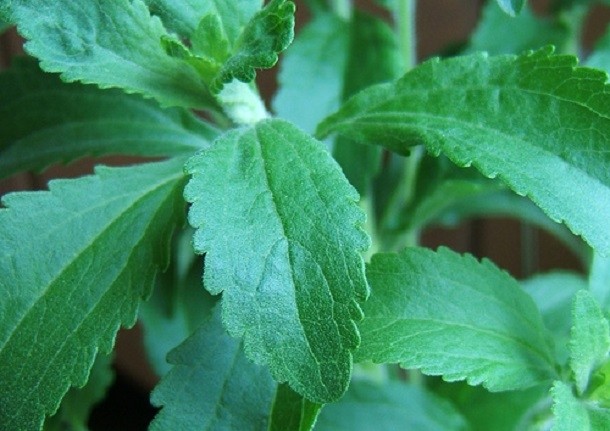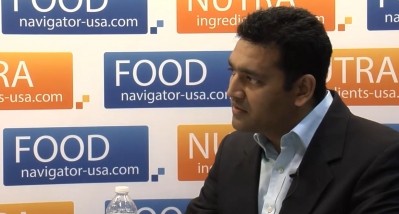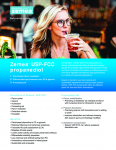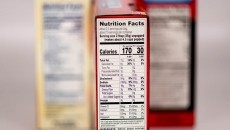FDA warning letter reminds industry whole stevia leaf is not GRAS or an approved food additive

Nor is there any food additive regulations that authorize the use of whole-leaf stevia or its crude extract in food, the agency tells Ten Ren Tea Company of San Francisco in a July 31 warning letter.
Therefore, it adds, “stevia leaf is not allowed for use in any food, including teas,” which means the company’s three teas with the ingredient are “adulterated.”
The reminder that only certain stevia-based products are allowed in conventional food comes at a time when many manufacturers have become more comfortable with using stevia in foods and beverages since FDA first accepted with no objection a GRAS notification for a highly purified extract of the plant in 2008, said Ivan Wasserman, a partner at the law firm Manatt, Phelps & Phillips who specializes in food and drug law.
The letter also echoes warnings FDA delivered to at least two other firms in the past three years. The need for repeated warnings could signal industry-wide confusion about when and what parts of stevia are allowed in food and supplements.
In 2012, the agency told CocoKefier, which used stevia as a sweetener is three flavors of its Tula’s CocoKefier drinks that “whole-leaf and crude stevia extracts are not approved for food use as a sweetener.” However, FDA added, “certain highly purified steviol glycoside obtained from stevia leaves have been the subject of generally recognized as safe (GRAS) notices,” and the agency “has not objected to the use as sweeteners of these highly refined substances, which are generally referred to as Rebaudioside A.”
The agency in December 2013 said the same thing to Mayor Laboratories, Inc., which listed stevia under “other ingredients” in several supplements, including its Pre-Natal spray, Melatonin spray, Children’s Multiple spray, C+Zinc spray and other Vitamist sprays.
Stevia leaf technically meets the definition of a dietary ingredient as a botanical and can be used as a dietary ingredient as long as the intention for including it is not for flavor and no sweetening claims are made, said Dan Fabricant, CEO of the Natural Products Association.
If, however, a supplement maker wants to include stevia as a sweetener, it would need to list it as a food additive in the “other ingredients” portion of the Supplement Fact box and ensure that it uses a JECFA monograph approved version of stevia, he added.
As for using stevia in food, manufactures must ensure that the extract they use is subject to a GRAS notification that the agency has accepted without objections. To date, FDA has filed 35 GRAS notifications for stevia extracts.
Despite companies’ efforts, none of the notifications accepted by FDA are for whole-leaf Stevia or crude extracts, the agency said in the warning letter to Ten Ren Tea Company.
It explained that previous inquiries and petitions related to whole-leaf Stevia or its crude extracts in food “have been lacking” data and information necessary to support the safe use.
Specifically, FDA explains on its website that it does not consider these ingredients GRAS “in light of reports in the literature that raise concerns about the use of these substances,” including concerns related to the control of blood sugar and effects on the reproductive, cardiovascular and renal systems.














